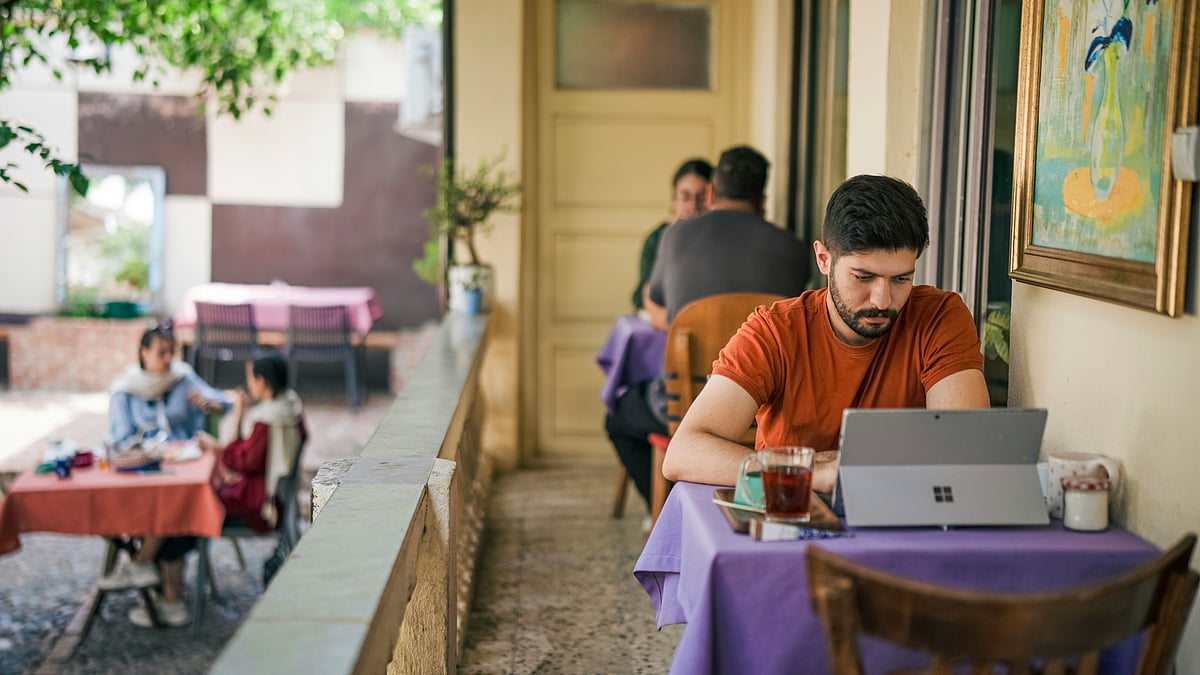Financial planner Amit Suri, who is also a mutual fund distributor and founder of AUM Wealth, says freelancers need at least 12 months of expenses in reserve — not just eight. “Rent, groceries, utilities — all essentials must be covered. Without this safety net, freelancing can be stressful. With a monthly salary, there’s confidence; without it, anxiety rules. An annual expense reserve takes care of that,” he explains.
Ankit Chatterjee (name changed), a freelance copy writer from Kolkata, is of the same opinion. “The key part of freelance money management is to first build a reserve for expenses. Then, they should go for insurance and later, they must spend on whatever they like,” he explains.
Unlike Raut however, Chatterjee has fairly high expenses with a good lifestyle. He regularly goes to cafes to break the monotony of working from home, and also travelled to London earlier this year with his wife.
“I know it’s a bad idea but freelancing is a painful job and one needs to balance it,” he says. While Raut made the difficult choice, freelancing was thrust on Chatterjee whose life also changed after the pandemic.
After many years as an ad copywriter, Chatterjee shifted to public relations right after the pandemic with a hefty salary at a financial services company. A year and half half later, the new marketing head retrenched the job itself, leaving him with no options.
By then, ad jobs slimmed down, and jobs were few and far between. “I now take up individual projects and after 15 months of struggle, I am working on four projects at once. It’s an unhappy experience to work alone,” he laments but also agrees that this path is better than sticking to a single job, which carries risks of retrenchment, especially in a rapidly evolving market.

